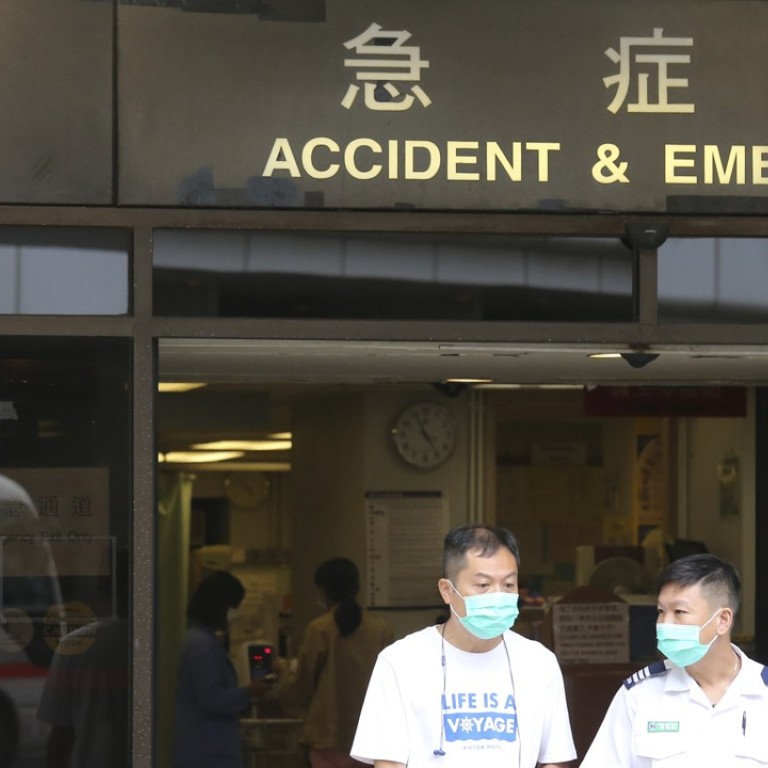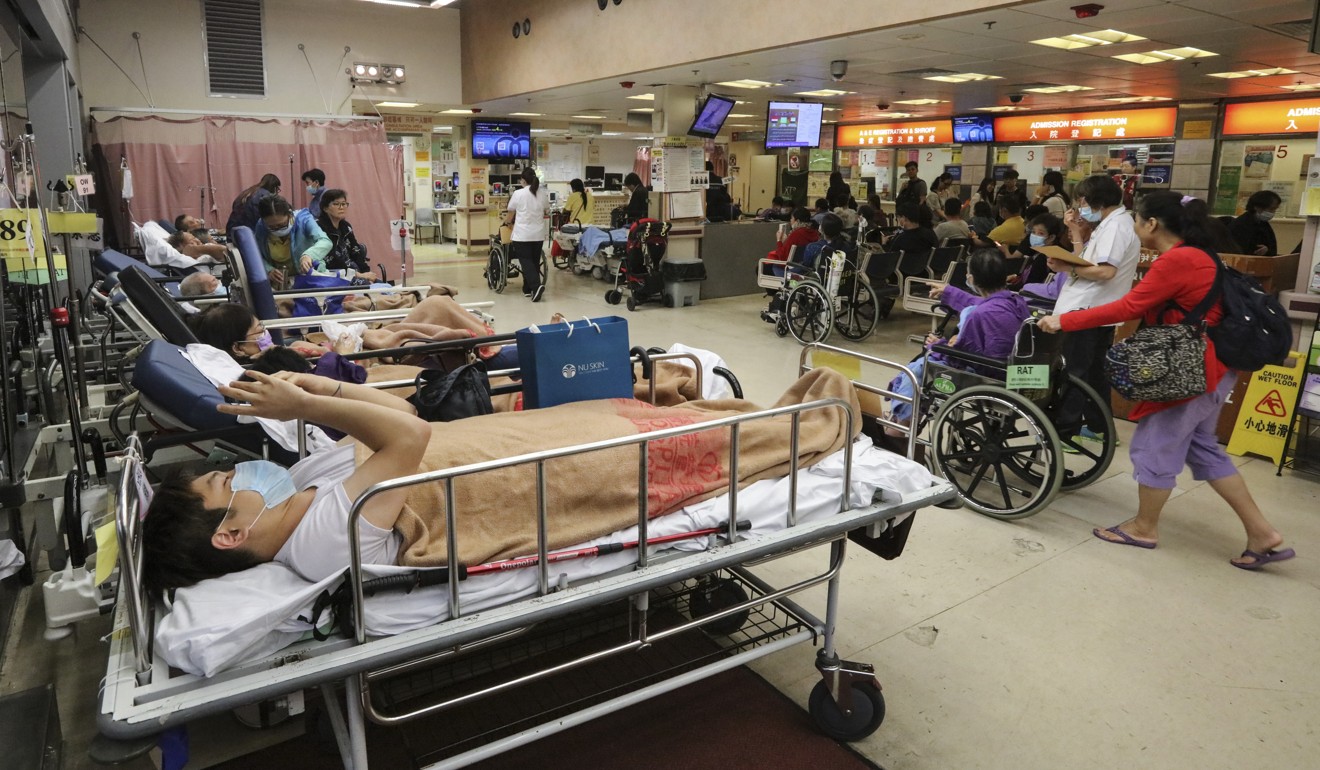
Chinese doctor tells children and elderly: don’t go to Hong Kong because of flu risks
City authorities dismiss doctor’s warning that vulnerable travellers should stay away
The Hong Kong authorities have dismissed a warning by a doctor who said the mainland’s children and elderly people should avoid travelling to the city because of the high flu risk.
Xu Jinghang, the deputy chief physician at Peking University First Hospital’s infectious diseases division, was quoted by the People’s Daily, the mouthpiece of the ruling Communist Party, as saying that “people with lower immunity have a greater chance of catching flu, and it was better to suspend any travel plans to Hong Kong”.
It was not necessary for healthy adults to cancel any planned visits to Hong Kong, but they should take precautionary measures such as getting vaccinated before travel and avoid becoming too tired , Xu added.
However, Hong Kong’s Secretary for Food and Health, Sophia Chan Siu-chee, said there was no reason for people visiting the city to worry.
The flu in Hong Kong has killed at least 384 people this season and has caused health worries among some mainland travellers. About 300 tours to Hong Kong – comprising more than 10,000 visitors in total – may be cancelled or postponed to avoid the flu season, although there have been no official travel warnings from mainland or Hong Kong authorities.
Earlier this month, during the peak of flu season in Hong Kong, the Guangdong provincial health authority said there was no need for the public to panic.
Hong Kong’s summer flu season started early in May. Since then more than 15,000 patients have been admitted to public hospitals. As of last week, there were 546 severe cases of influenza and at least 384 deaths.

The flu crisis may now be over as the summer season is waning and the number of patients admitted to public hospitals has dropped significantly, Dr Dominic Tsang Ngai-chong, the authority’s chief infection control officer, said last week.
While the death toll was higher than it was during the severe acute respiratory syndrome (SARS) epidemic in 2003 – which killed 299 people in Hong Kong, according to the World Health Organisation – Tsang said the two were “incomparable”.
Xu explained that the influenza itself may not be fatal, but it can aggravate other illnesses such as heart and lung diseases or cause chronic conditions such as pneumonia.
There is no cure for influenza, as it cannot be treated or prevented by antibiotics, and can only see the partial relief of its symptoms from antiviral drugs.
“Vaccination is the only existing method of prevention,” Xu was quoted as saying.
The city’s public hospitals have been busy during the flu crisis, with the occupancy rate surging over 120 per cent at the peak of the season.
A Health Department spokesman previously told the South China Morning Post that a scientific committee would closely monitor the development of flu vaccines.

